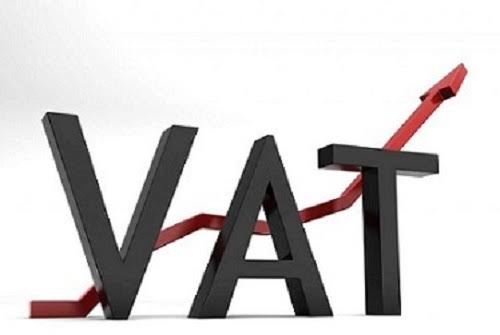The Kenyan presidency announced on Monday the launch of a finance bill that will see an increase in tax payments in the country.
The bill will begin an increase in VAT on fuel from 8% to 16%, and a payroll levy to finance a low-cost housing programme initially set at 3% was reduced to 1.5%.
Kenya is grappling with some financial issues as its national debt has increased to a high of 65 billion dollars, or 67% of GDP, and the cost of repayment is rising as the value of the Kenyan shilling declines.
Prior to the announcement on Monday, the administration had given hints about raising taxes in response to pressure to generate more income. Notwithstanding a cash shortage that has prevented the payment of civil service salaries, it has also insisted that it will not skip out on its debt repayment responsibilities.
Meanwhile, the new tax regime and revenue drive of the government have drawn criticism from the opposition. The opposition coalition, Azimio, led by Raila Odinga, accused President William Ruto of reneging on his election promises to improve living conditions for Kenyans.
Odinga’s spokesman, Dennis Onyango told journalists on Monday that their “position remains that the Bill is a mistake and an experiment Kenyans can ill afford.”
For creditors like the International Monetary Fund, the financial reforms are commendable and “prompt” to the economic challenges. Although it warned that while the medium-term outlook is “favourable” for the Kenyan economy, “significant challenges remain against the backdrop of slow global economic growth and tight financial conditions.”
Despite its financial stress, however, the World Bank said the recent progress in the agricultural sector would likely lead to Kenya’s economic growth at a slightly faster pace than last year. The international lender in its latest biannual Kenya Economic Update report said the economy would expand by 5.0% in 2023, inching up from 4.8% last year.


 Metro1 day ago
Metro1 day ago
 Musings From Abroad1 day ago
Musings From Abroad1 day ago
 Metro1 day ago
Metro1 day ago
 Sports1 day ago
Sports1 day ago





























